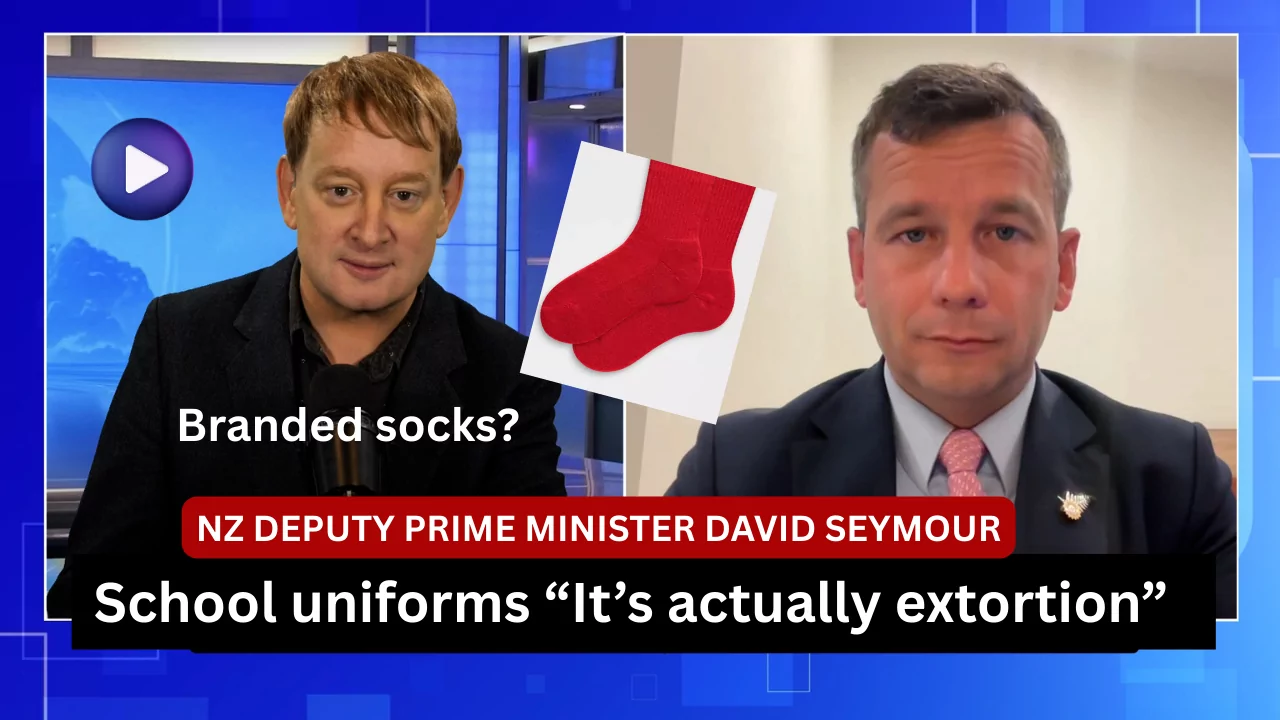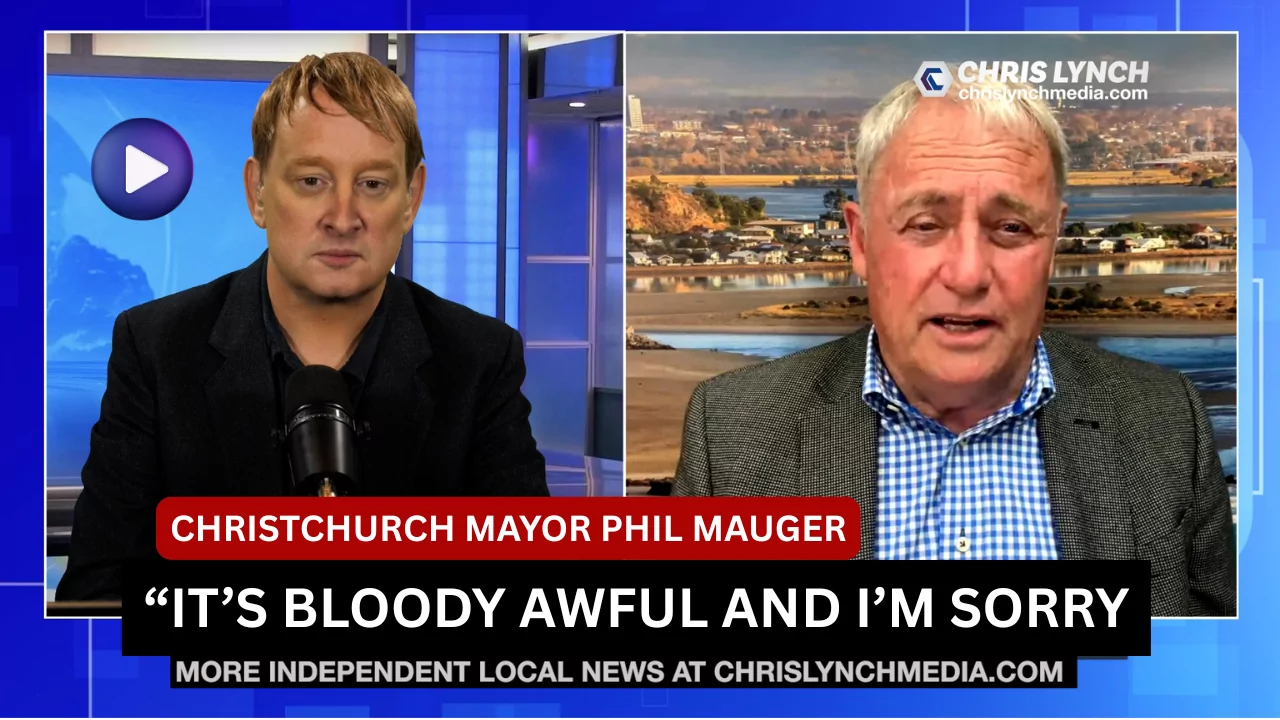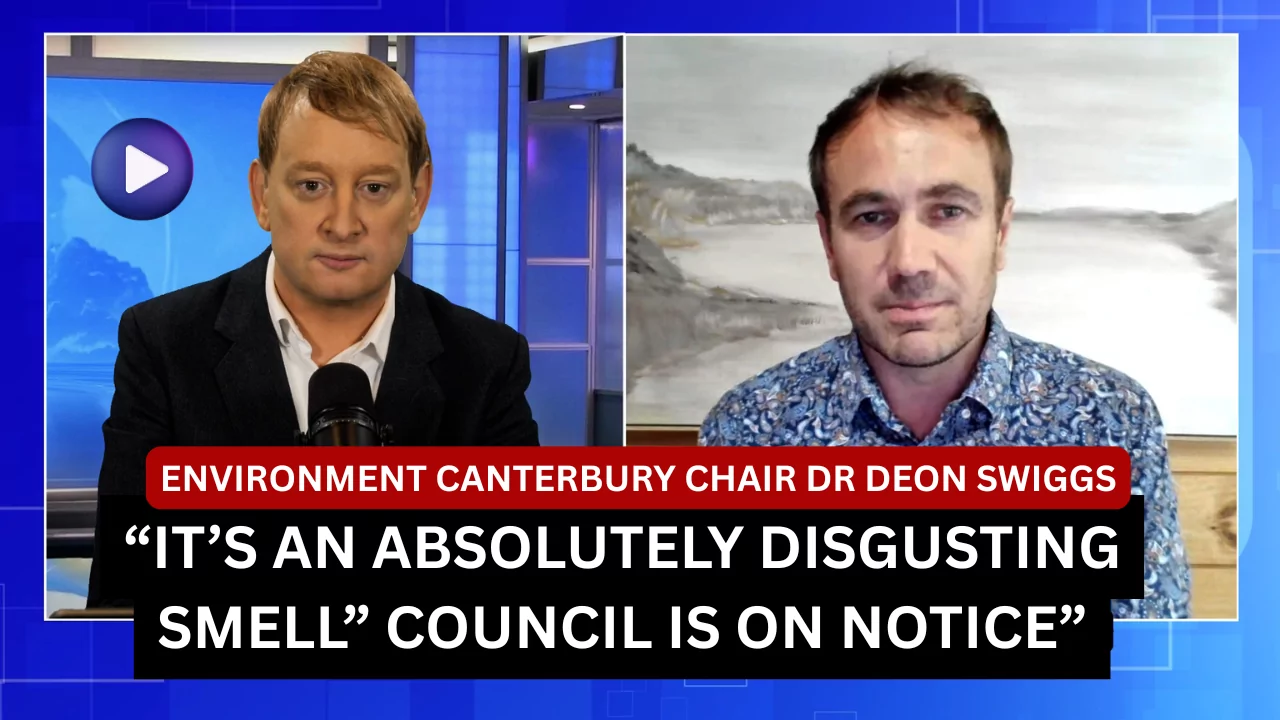Escaped youth tracked by Eagle helicopter, found hiding in New Brighton
The young person who escaped from a youth justice facility in Rolleston has been located...
Labour MP Reuben Davidson said Te Pāti Māori was “currently not fit to be in government” during a heated Politics Friday debate with National’s Hamish Campbell.
Davidson made the comment while discussing Te Pāti Māori’s internal turmoil and public feuds, but clarified that his remark was about the party’s current behaviour, not its long-term potential.
“That doesn’t mean that at some point in the future they might not be able to turn that around,” he said. “The difference between Parliament and government is clear, and right now, I’d also say the National Party isn’t fit to be in government either.”
Campbell quickly seized on the comment, saying, “It’s interesting Reuben hasn’t ruled out working with them in coalition, even though he thinks they’re unfit to be in Parliament.”
Davidson shot back, telling Campbell, “You’ll have to stop talking long enough to let me clarify. What I said was that they’re not fit to be in government. But if you want a headline, I’d say the same about your own party right now.”
The debate came amid discussions on the government’s education reforms, homelessness policy, and rising unemployment, with both MPs accusing each other’s parties of failing New Zealanders.
Davidson strongly opposed the government’s decision to remove the requirement for school boards to give effect to the Treaty of Waitangi.
“These are New Zealand schools,” he said. “The Treaty is a hugely significant part of our past and future. To tell school boards they no longer need to factor that into their governance seems pretty odd to me. No one in government has been able to give a good explanation for why this is suddenly a priority.”
Campbell defended the change, saying the previous Labour government’s policy was more about symbolism than results.
“Not once did Reuben mention educational achievement,” he said. “We want our boards focused solely on delivering for our kids. Under Labour, our education standards absolutely plummeted — New Zealand fell into the bottom 15 countries of the OECD.”
Campbell said the government’s early phonics checks had shown improvement, particularly among Māori students. “For Māori students, achievement rose from 25 percent to 43 percent,” he said. “That’s real progress. The biggest breach of the Treaty wasn’t removing the clause, it was Labour failing to lift Māori educational outcomes.”
Davidson dismissed that claim as simplistic. “This is a narrow-focus issue,” he said. “You’re telling boards they can only focus on one thing and that there’s only one type of student, one way to learn. The schools I visit tell me a one-size, internationally imported education model doesn’t work for anyone.”
Campbell responded that Labour had been “more focused on ethnicity than education,” arguing that “acknowledging the Treaty shouldn’t come at the cost of academic standards.”
The MPs also clashed on the government’s approach to homelessness, particularly amid talk of potential “move-on” laws in major cities.
Davidson said there was growing confusion between the Prime Minister and the Minister of Police about whether the government was even pursuing the idea.
“According to the Prime Minister, they’re not. According to the Police Minister, they are. No one seems sure,” he said. “What’s clear is that we’re seeing record levels of homelessness. People are living in cars, and the only solution seems to be to push them out of sight instead of helping them.”
Campbell said homelessness was a long-standing and complex problem involving drug use, alcohol, and mental health.
“This isn’t new,” he said. “We’ve increased Housing First placements by 300 and added $10 million for organisations supporting rough sleepers. It’s about wraparound services and giving people homes with support. This issue goes back years — even before we came into government.”
Davidson said that was “not good enough,” adding that people across Christchurch were seeing homelessness “at levels they’ve never seen before.”
On the economy, Davidson accused the government of making things worse for working families.
“Unemployment is at 5.3 percent, the highest in almost a decade,” he said. “Youth unemployment is over 15 percent, and 200 people a day are leaving New Zealand because there simply aren’t the jobs or opportunities here.”
He said Labour’s plan to establish a “Future Fund” — a sovereign wealth fund designed to back local innovation — would help rebuild job creation. “We want our innovators and local companies to grow, stay here, and create well-paid jobs for New Zealanders,” he said.
Campbell dismissed the proposal as “a recycled, uncosted plan that gives millions to companies already making millions.”
“If you drive debt to $100 billion and push up interest rates, of course businesses stop investing,” he said. “We’ve brought inflation down, interest rates are stabilising, and we’re investing $7 billion in infrastructure and projects that will actually create jobs.”
Davidson hit back, saying, “It’s a rebate — not a handout. The sector brings in money before any rebate is paid out. Meanwhile, this government handed $300 million to big tobacco. That’s what I call waste.”
Campbell replied, “That’s completely not true.”


